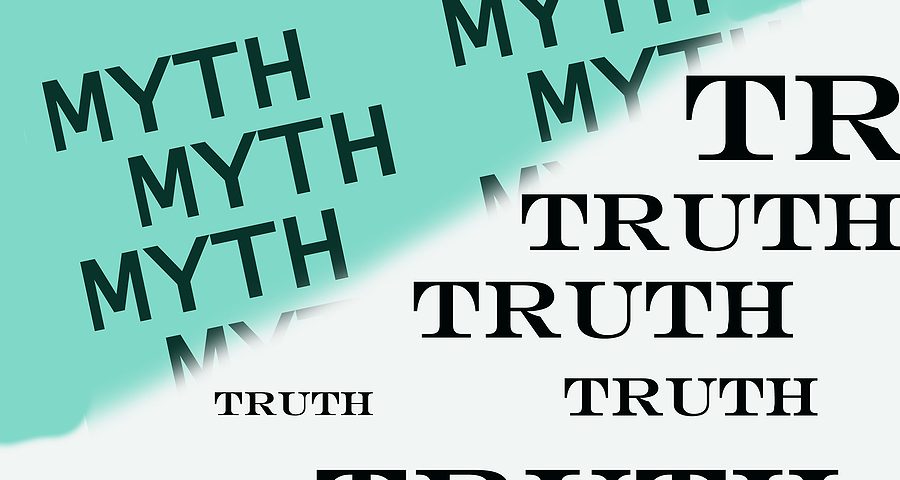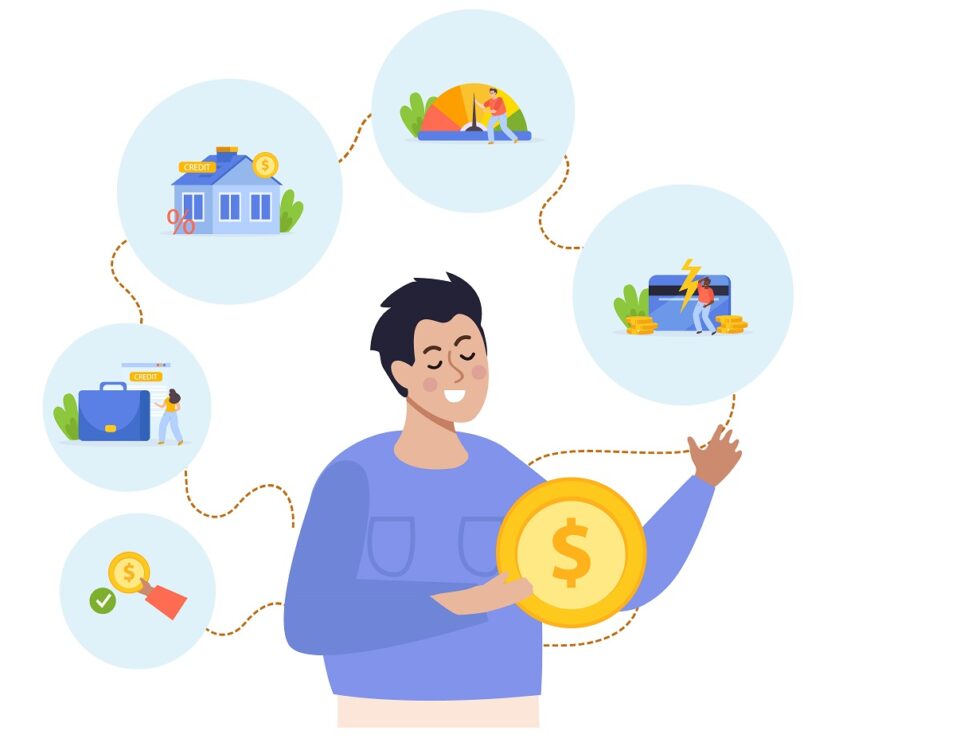- Credit Restoration Experts Nationwide

Credit Restoration Myth #2: Credit Bureaus Keep Derrogatories on My Credit Report for 7-10 Years
July 4, 2017Credit Restoration Myth #4: I Can Do Credit Repair Myself
July 4, 2017Credit Restoration Myth #3: Paying Off Old Debts Will Remove Negatives On My Credit Reports

(Note to consumers: this is third in a series on debunking credit repair and credit restoration myths. The information contained herein is deemed to be accurate, but not guaranteed)
This myth is one of the most prevalent, and most damaging. Paying off your debt helps you have no debt, but it does not necessarily help your credit score. It can take two years for a paid off account to register as an improved score.
Remember, your score is made up of five different categories:
1) 35% of your score is made up of your payment history. The fewer late pays and partial pays that you have, the higher this percentage will count.
2) 30% of your score is made up of the amounts you owe, versus the overall credit limit you have. For instance, if you have 3 credit cards, each one with a $5,000 limit, your available credit is $15,000. If you have charged $3,000 on a combination of those cards, then your debt to credit ratio is 20%. If you have charged up $12,000, then your debt to credit ratio is 80%. The bureaus count 30% or below as good; the higher amount you owe, the lower your score.
3) 15% of your score is based upon how many years you have had credit. Your parents may have had credit for 30 years, but you may only have had credit 2 years. The bureaus take this into account, and favor the consumers who have a longer history.
4) 10% of your score is based upon how long it has been since you received new credit.
5) 10% of the score is weighed based on the types of credit you are using: mortgage, installment payments like a car or furniture, vs. unsecured credit card debt. The more diverse, the better your score.
Having explained that, one can see that paying off your debt completely, and closing an account could actually be harmful. Lets use that same $15,000 total available credit scenario. You decide to pay off one of your credit cards and close it. Now you only have $10,000 in available credit. If you owed the same $3,000, your debt to credit ratio is now at 33.3% instead of 20%.
Credit bureaus will most often remove negative credit information that is not verifiable. This is why we work so hard on your behalf. If you wish it, and select this path of credit restoration, we will challenge the creditors for you. They must be able to provide the paperwork that proves you owe the debt. If they cannot do so, we can most likely get the debt voided and removed.
However, let us be clear. We cannot claim to remove “accurate” reporting. So if you have a negative item that can be verified, it may need to be paid off to take the next steps to a better report. Ask your Credit Concierge™ for more information.

